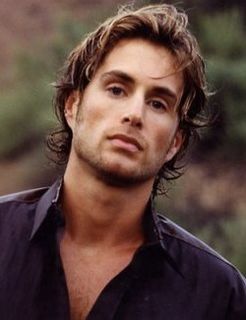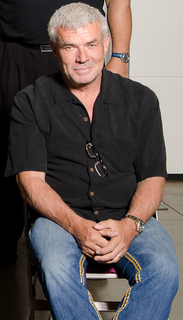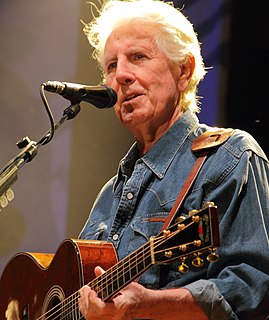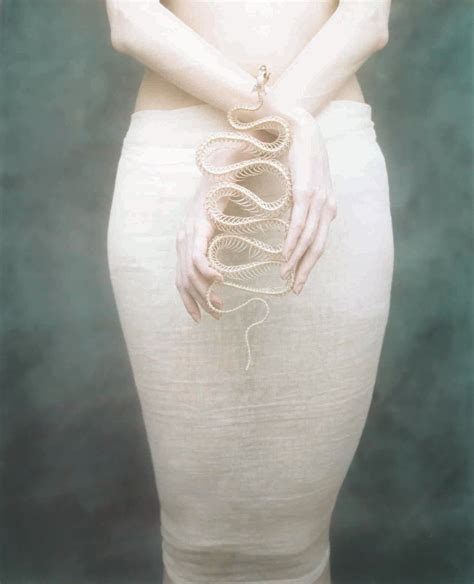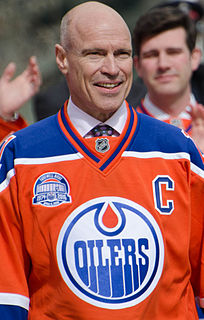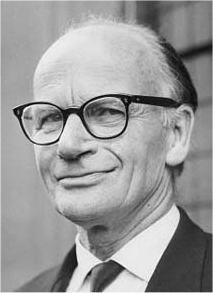A Quote by Greg Sestero
I saw an early cut of 'The Disaster Artist,' and I thought it was inspiring in a lot of ways, and it made me realize it had been so long since I had tried to make a film or to try to - you know, the book was obviously my first kind of big creative pursuit I had control over.
Related Quotes
Over the years I have photographed thousands of people. I have never stopped being curious and trying to discover new worlds. I have used my camera as a mirror for my subjects as well. I remember photographing a woman in her 80s for my book, Wise Women, who told me it had been a long time since anyone had really been interested in "seeing" or photographing her. When she saw the picture, she burst into tears. She saw something in the photograph, an inner beauty and soul, she felt had long ago vanished.
I'm not going to try and change you mind." "If you're here, you accept it's my choice. This is the first thing I've been in control of since the accident." "I know." And there it was. He knew it, and I knew it. There was nothing left for me to do. Do you know how hard it is to say nothing ? When every atom of you strains to do the opposite? I just tried to be, tried to absorb the man I loved through osmosis, tried to imprint what I had left of him on myself. I did not speak.
Of all my films, people wrote to me most about this one... ...I had wanted to make The Idiot long before Rashomon. Since I was little I've liked Russian literature, but I find that I like Dostoevsky the best and had long thought that this book would make a wonderful film. He is still my favourite author, and he is the one - I still think - who writes most honestly about human existence.
I met Michael Snow and Stan Brakhage the second day after I arrived, you know. I had never seen or heard of Brakhage. For me, it was a revolution, because I was well educated in film, but American-style experimental film was known to me in the abstract, and I had seen practically nothing. I had seen a film then that Noël Burch had found and was distributing called Echoes of Silence. It was a beautiful film, three hours long. It goes forever and it was in black and white, very grainy, and I saw that film and I thought...it was not New Wave. It was really a new concept of cinema.
I first started doing hidden-camera segments on 'The Tonight Show With Jay Leno.' He was the coolest guy in the world to work for because he understands the creative process, and he had total trust. And he just let me make up whatever I wanted; I experimented and tried and played. We had a lot of fun over there.
There were a lot of apocalypses that didn't make it into this assemblage because they didn't suit the world. And defining that world and figuring out what its wobbly borders were was a long-term and exhaustive process. I had all of these different ways of categorizing the apocalypses I had made. I had a period of time where I cut them up.
But, finally, I had to open my eyes. I had to stop keeping secrets. The truth, thankfully, is insistent. What I saw then made action necessary. I had to see people for who they were. I had to understand why I made the choices I did. Why I had given them my loyalty. I had to make changed. I had to stop allowing love to be dangerous. I had to learn how to protect myself. But first… I had to look
It'd been about four months since shooting 'Power Rangers,' and 'Stranger Things' was the first thing I saw that made me think, 'I need this.' I had one day to get my act together, so I made a short film rather than a self-tape. It had an opening score, opening titles, and I may or may not have put on a g-string and danced to 'Hungry Like a Wolf.'
I had just been doing graffiti around New York and this real estate investor guy had walked through meat packing in New York and saw some of my graffiti. He was impressed and asked if I sold canvases. I really had not made any canvases of my graffiti work yet, but told him I could make one for him. He then commissioned me to make ten paintings and put on my first art show. Between the sold out show and the cops chasing after me it created a lot of media and I've been doing really well since then.
